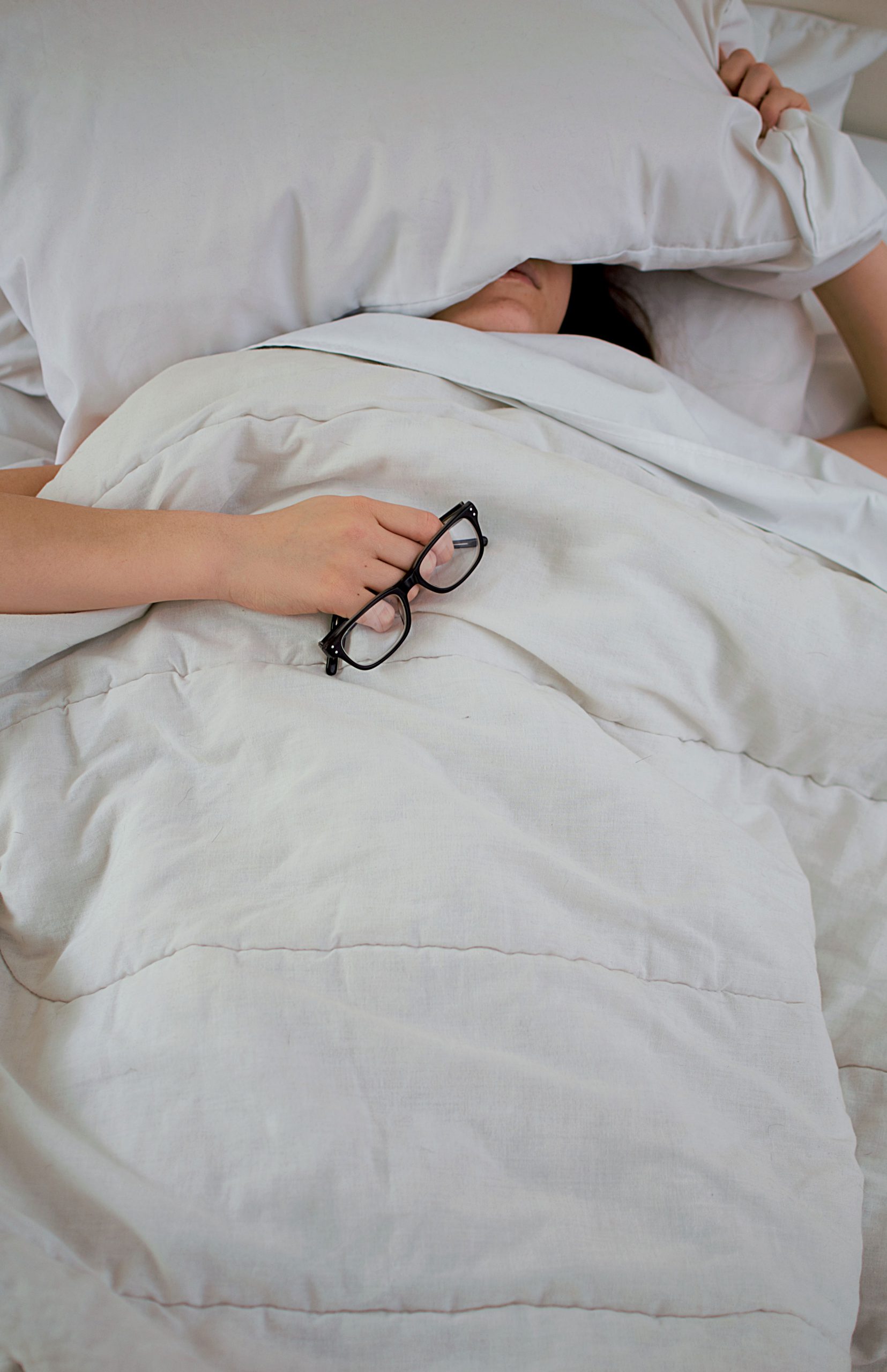 As a professional in the tech industry, I have found myself coding late into the night or even pulling the occasional all-nighter. I knew my work performance might suffer a bit the next day, but with deadlines looming, sleep was always the first thing I sacrificed. A few months ago, I came across the book “Why We Sleep”, and I was alarmed to discover the lasting harmful impacts of my poor sleep habits. I decided to research further to find out more as I now genuinely believe my life depends on it. Here are some important takeaways:
As a professional in the tech industry, I have found myself coding late into the night or even pulling the occasional all-nighter. I knew my work performance might suffer a bit the next day, but with deadlines looming, sleep was always the first thing I sacrificed. A few months ago, I came across the book “Why We Sleep”, and I was alarmed to discover the lasting harmful impacts of my poor sleep habits. I decided to research further to find out more as I now genuinely believe my life depends on it. Here are some important takeaways:
How Poor Sleep Impacts Your Business
Economic Cost
Research by the RAND Corporation on the economic cost of insufficient sleep shows that insufficient sleep is robbing most nations of more than 2% of their GDP. At the time of publication in 2016, the US sustained the highest economic losses of all the countries studied with a loss of up to $411 billion a year.
Lost Workdays
In this same study, the researchers found that the US loses an equivalent of about 1.23 million working days due to insufficient sleep.
Job Satisfaction
Employees like their jobs less when they are sleep-deprived.
Teamwork
Sleep-deprived employees are less likely to work well in teams. A study has found this phenomenon called social loafing is more prevalent for individuals who lack sleep.
Work Ethics
Employees are more unethical when sleep-deprived. Chris Barnes, from the University of Washington Foster’s School of business, has discovered that under-slept employees are more likely to engage in deceptive work practices. Also, they are more likely to blame other people in the workplace for their own mistakes.
Medical Cost
Companies tend to pay, on average, an extra $1,200 a year in medical and other costs for each sleep-deprived worker.
How Poor Sleep Impacts Individual Employees
Decreased pay
Economists Matthew Gibson and Jeffrey Shrader researched how sleep affects wages. They found that a daily increase in sleep by 1 hour will increase the wages on average by 4.9% in the long run.
Creativity and Innovation
It is within REM sleep (active dreaming) that individuals increase creative problem solving by up to 40%.[5] Also, REM sleep is more common during the last 5-8 hours of sleep each night.
Self-control
the prefrontal cortex and thalamus areas of the brain that are critical for reining in self-control are taken off-line by lack of sleep.
Lack of Focus
The decrease in attention and working memory due to sleep deprivation is well established. Alertness is especially impaired, but a decline is also observed in several other attentional tasks including auditory, visuospatial attention, and reaction time tasks.
Short-Term Memory
Memories formed while sleep-deprived are weaker memories. Studies in sleep-deprived rats have found that it is almost impossible to reinforce the synaptic connections between individual neurons that normally create a new memory circuit.
Weight Gain
Short sleep will increase hunger and appetite due to hormones leptin and ghrelin, compromise impulse control, and prevent effective weight loss when dieting. In one study while dieting, participants were given only 5 ½ hours of sleep. They lost 70% of muscle instead of fat. Other participants were given 8 ½ hours of sleep. They lost over 50% of weight from fat. When sleep-deprived, the body is very sparing about giving up fat reserves. In another study, individuals who slept only 4 ½ hours of sleep ate 300 more calories each day compared to when the same individuals had 8 ½ hours of sleep. This equates to a weight gain of 10-15 pounds a year due to lack of sleep.
One thing I found most interesting in my research on this topic was that sleep-deprived participants in these research studies did not even perceive themselves as less productive than when they are well-rested. In other words, I did not even realize that when I was attempting to work harder by forgoing sleep, I was being less productive thus needing to work longer to accomplish my goals. I still struggle to make sure I get the recommended 7-8 ½ hours of sleep each night, but it is now a priority and no longer the first thing I sacrifice to my job. I encourage you to do your own reading and research on this topic. You may find it the boost you need in your career.




